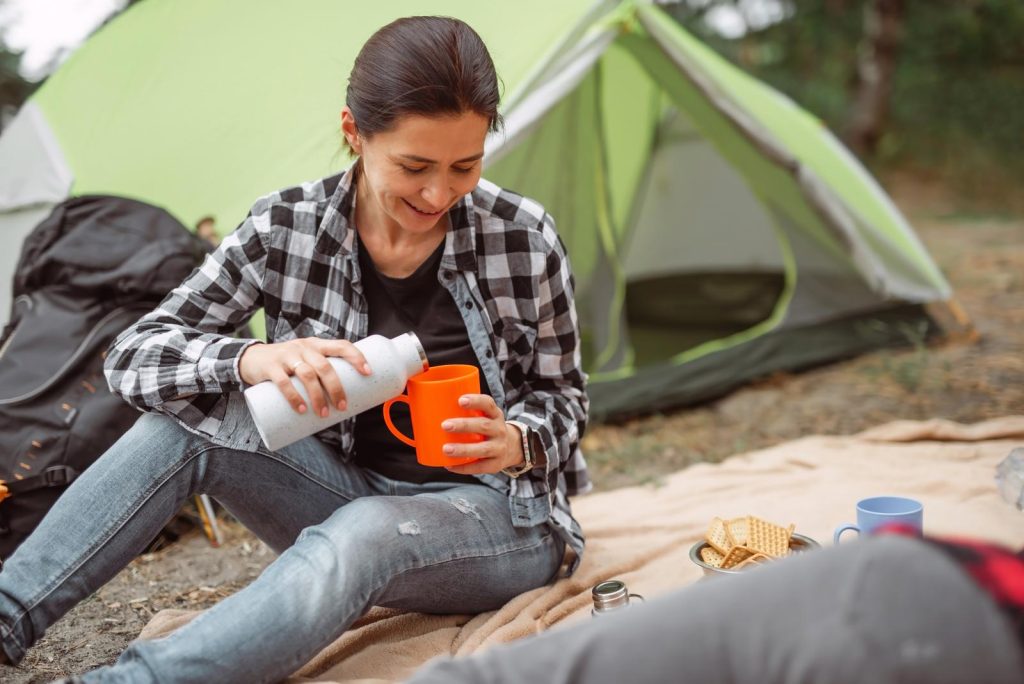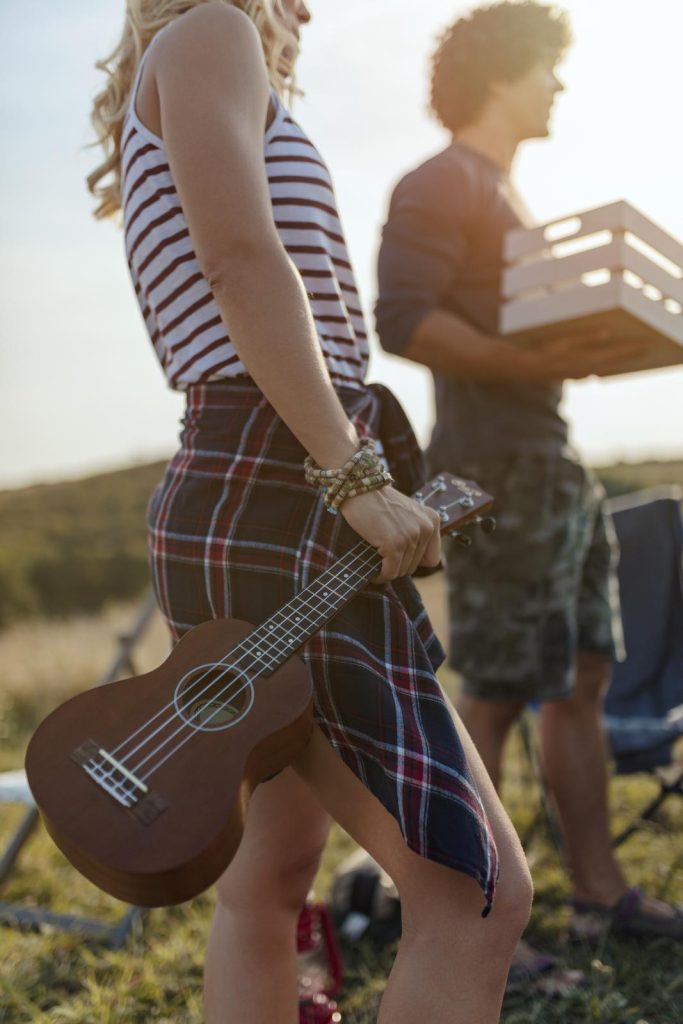Camping is an activity where you spend the night away from your home.
Choosing a Campsite
Before choosing a campsite, check the ground for any hazards. For instance, if you are camping in a forest, be sure to check for dead trees that could fall on your tent. Rock slides are another potential threat, so avoid areas with rocks that could be eroded. Then, you can enjoy your camping trip to the fullest! And, don’t forget to bring ear plugs!
Often, camping will involve encounters with wildlife. While many animals are harmless, some are dangerous and should be avoided. The best way to avoid encounters with wildlife is to be calm and not make too much noise. Animals are more likely to become aggressive when they feel threatened, so being quiet will help them avoid you.
Wildlife is usually harmless and will only attack when provoked. If you want to avoid an encounter, follow Leave No Trace principles and try not to feed the animals. Another way to avoid animal encounters is to learn about the area. The websites of land management agencies are excellent resources. You can also consult a wildlife safety guide before going camping.
While Camping
While camping, always keep your campsite clean and uncluttered. Leaving leftovers, garbage, and cooking fires out in the open can attract animals. Make sure to clean up your campsite thoroughly, and wear clean clothes before sleeping. If you have pets, keep them away from your campsite. Remember that animals have a very keen sense of smell, so keep your camping area as clean as possible. It’s tempting to approach wildlife to get a close look, but staying a safe distance will prevent any unpleasant encounters. Wildlife will rarely attack you unless they are provoked. Depending on the species, the appropriate distance to approach will vary. For bears, it’s recommended to keep at least 100 yards away and for wolves, 25 yards.
One Way
One way to stay warm while camping is to bring insulated clothing. These can be a down jacket or fleece jacket, but make sure to choose a waterproof shell that fits over other clothes. A hot water bottle can also help keep you warm when you are not near a fire.
Fill it
Fill it up with hot water before bed and keep it near your core. This will warm your body and prevent you from sweating. When it is cold, you should avoid low-lying areas. If possible, try to stay under tree line.
Sleeping Bag
You should also wear a double sleeping bag. During the night, eat something to keep your metabolism up. Additionally, peeing can drain a lot of energy, since it requires energy to keep the liquid warm. You should also make sure to pack snacks before you head out.

Most Important
One of the most important parts of camping is preparing meals. Whether you’re preparing food for one person or an entire family, it’s crucial to pack a good assortment of foods that are easy to prepare. You can also bring various gadgets that make food preparation easier. The first thing you should do is to prepare your meals in advance. This way, you’ll have plenty of time to prepare and eat. Remember, you’ll be spending a lot of energy during the trip, so you’ll want to make sure you pack enough food. Also, if your camping trip involves activities, you’ll need some snacks to keep you going.
Stay Warm
Another way to stay warm while camping is to do exercise. Jumping jacks can help keep you warm. Alcohol, on the other hand, will only make you colder since it doesn’t warm you.
Experience
When packing food for camping, you’ll need to wash utensils after every meal. If you’re going to a campsite that doesn’t provide running water, you’ll need to pack a container of water and some detergent. It’s also important to pack a bowl and sponge. You’ll also want to pack light and easy-to-eat foods for your lunch. Heavy foods will make you drowsy and may lead to a less pleasant experience.
One of the best ways to keep mosquitoes out of your tent is to seal the doors and windows. This will keep mosquitoes out, and will help you avoid the annoying bites of these biting insects. Another great way to keep mosquitoes out of your tent is to buy a mosquito repellent.
If you're camping in a place with a high population of mosquitoes, you can purchase special tents that have screen rooms. These tents provide good ventilation and excellent visibility, but also keep mosquitoes out.

Tent Yourself
You can also make a tent yourself and use mosquito netting. Make sure that the mesh is tight and doesn’t have any gaps or holes. You may also consider purchasing a mosquito repellent candle. These candles can last more than one night and repel mosquitoes for a long time.
